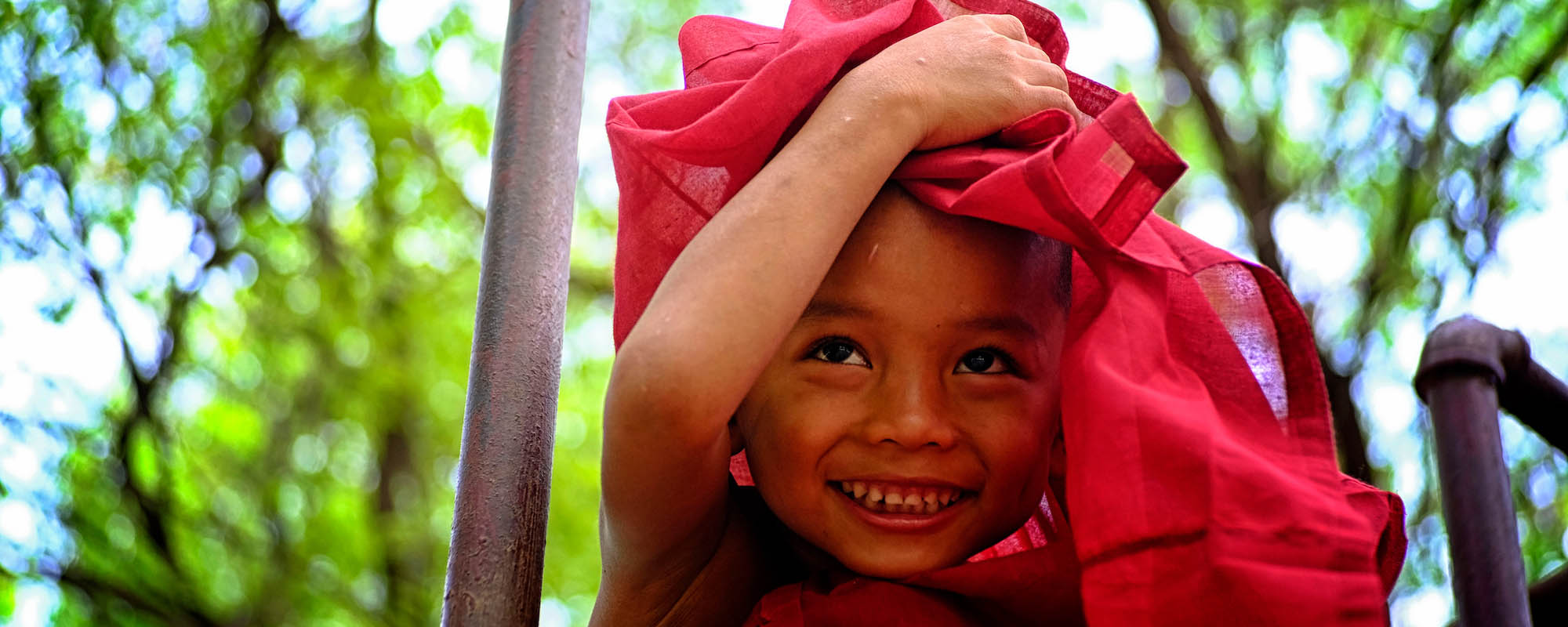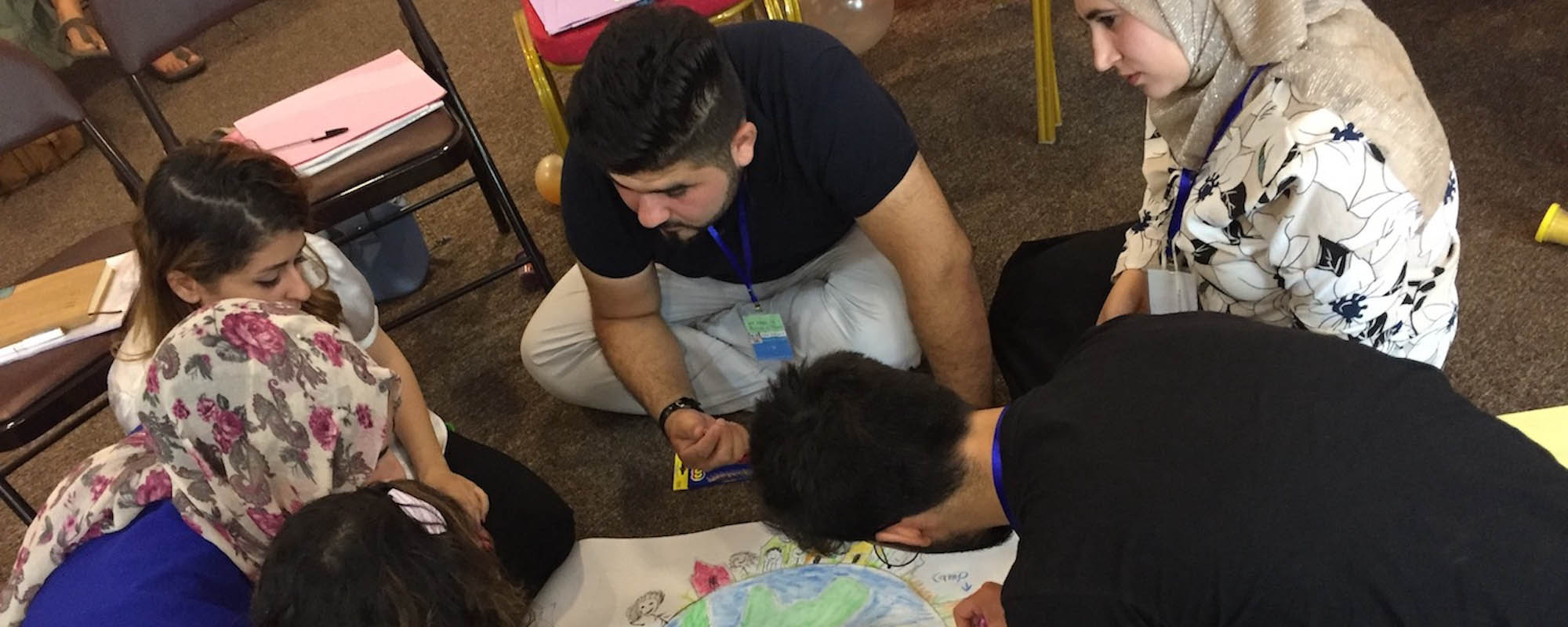Youth in Mandoul Oriental –a region in Chad, Central Africa–are teaming up with community members to share ideas and experiences, improve their knowledge, and to shift attitudes and behavior on issues affecting their communities. Key issues include gender-based violence, rights and child protection (e.g. early marriage, girls enrollment in school), peace building, health (HIV/AIDS and epidemic prevention) and human dignity.
The International Institute for Child Rights and Development is working with the Association des Artistes du Mandoul Oriental/Koumra, to explore opportunities to recognize young people’s efforts through its Child Protection in Development skill-based stamp program. Stamps are markers of achievement for specific competencies earned through courses, activities and community-based learning.
“In February 2016, Philip Cook and I met with youth connected to AARMOK as part of a training process for a project funded by UNICEF to build social cohesion and peacebuilding through Child Protection and Education,” says IICRD Associate Armel Oguniyi. “About 150 young people are involved in 10 different Clubs d’Animations culturelles – ranging from urban dance and ballet, to sculpture/handicraft, music and more. Together, they worked with AARMOK to advocate and work with local authorities to establish Le Café Des Arts. Now, many young people will have access to an appropriate venue to develop their talents, benefit from training and enable them to believe more in their dreams.”
Young people can profile and share the stamps they earn through social networking sites and resumes. Stamps, whether as a community researcher, rights advocate or youth leader, can be useful to demonstrate skills to employers and academic institutions.
“IICRD is working with AARMOK to potentially create a new stamp specifically focused on social cohesion and peacebuilding,” says Philip Cook, Executive Director of IICRD. “This is a lasting legacy of our participatory action research findings to develop capacity at the community level, including engaging youth as trusted peers for vulnerable young people.”
To support these efforts, traditional leaders, local and district authorities, community members and other youth peers will be involved in the skill-based stamps initiative. The initiative will be grounded in AARMOK’s programming. Over the next year, IICRD will work with AARMOK to review action plans and to identify activities as part of the stamping and certification process.






